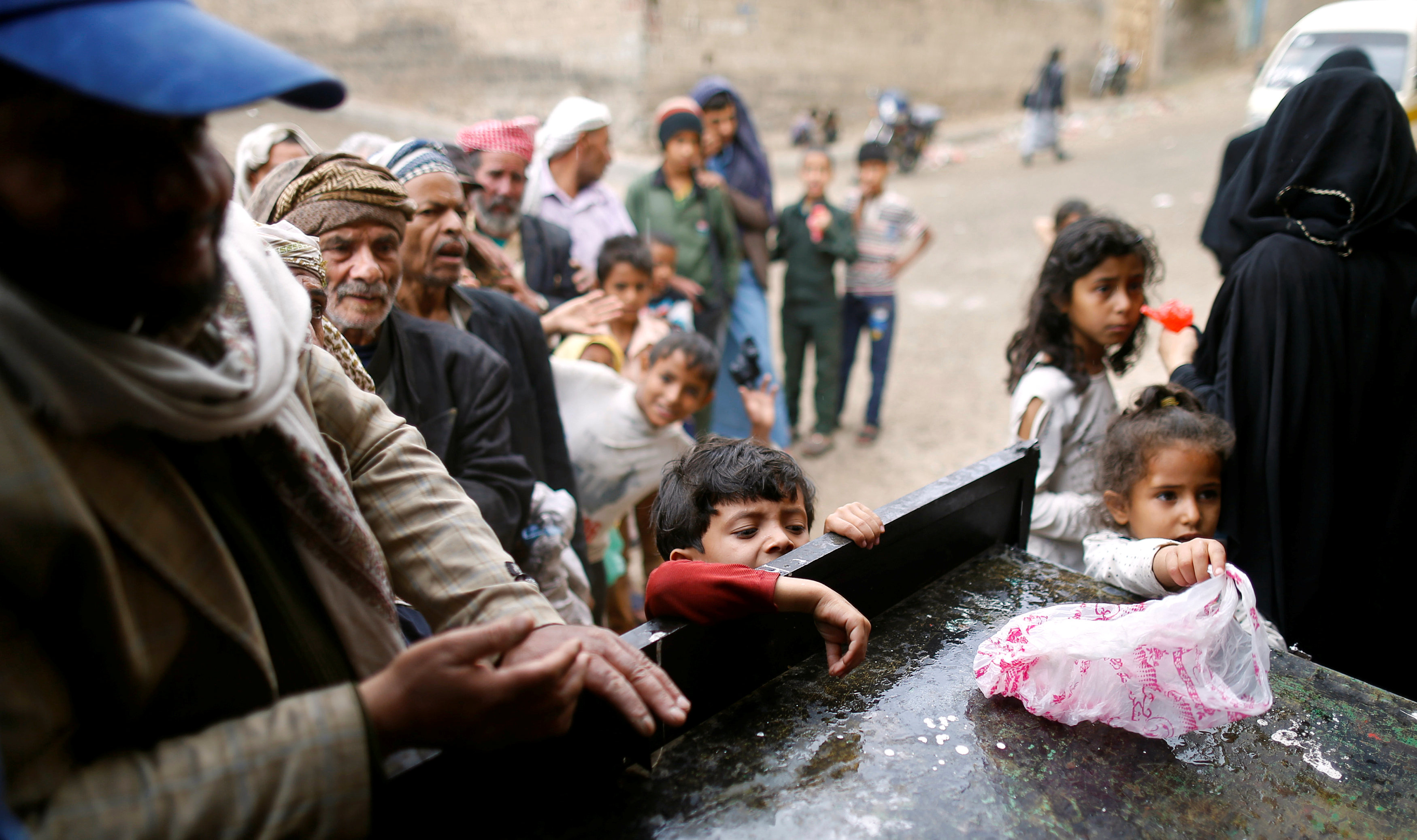UN Warning of Famine Threatening Half of Yemen's Population Amid Severe Funding Shortage

The United Nations Office for the Coordination of Humanitarian Affairs (OCHA) warned of a severe deterioration in food security in Yemen, confirming that nearly 18 million people, or 52% of the total population, will face acute levels of hunger starting next September.
The office stated in a statement via the "X" platform that "18 million people in Yemen, or 52% of the population of 35.6 million, will face severe hunger starting next September and need urgent humanitarian food assistance".
The statement indicated that 41,000 people among them will live in catastrophic conditions classified under "Phase Five" of the Integrated Food Security Phase Classification, which is the stage of famine or "acute food insecurity to the point of catastrophe".
OCHA warned that this escalating crisis will force many families to "reduce their daily meals, sell their homes and livestock, in addition to making harsh decisions that may threaten their lives and family stability". It also reported that "one in five families at least will face a near-total lack of food and other basic needs, increasing their risk of dying from hunger".
This warning comes amid a severe funding shortfall for the UN humanitarian plan in Yemen for this year, which has received only 17% of the total required amount of $2.48 billion, to meet the needs of 10.5 million people, despite eight months having passed this year.
This warning is based on the latest analysis of the Integrated Food Security Phase Classification, published last June, which predicts that 5.5 million people will face emergency-level acute food insecurity (Phase Four), while 12.6 million will suffer from food deterioration at the crisis level (Phase Three) from September 2025 to February 2026.
The office called for "urgent support to take immediate action to prevent the worsening of the food insecurity crisis and to avoid the spread of famine in Yemen, especially in high-risk areas".
This comes in the context of the ongoing war that has resulted in tens of thousands of casualties and displaced millions, pushing the country to the brink of famine amid a severe economic collapse, which has made about 80% of the population dependent on aid to survive.